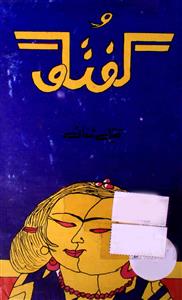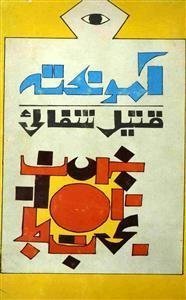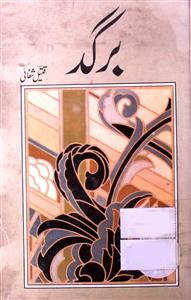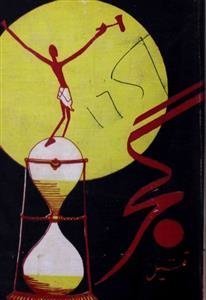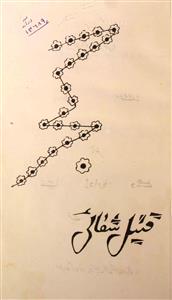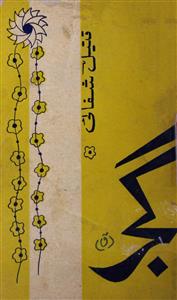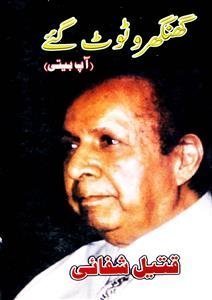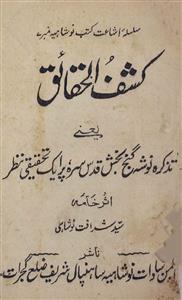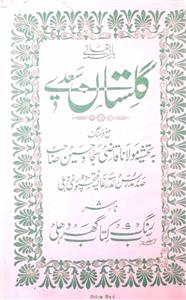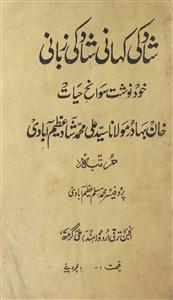 For any query/comment related to this ebook, please contact us at haidar.ali@rekhta.org
For any query/comment related to this ebook, please contact us at haidar.ali@rekhta.org
About The Book
قتیل شفائی کے غزلیہ کلام " گفتگو" پیش نظر ہے۔ جس کے متعلق فیض احمد فیض کی رائے قابل تحریر ہے کہ "ان کا لہجہ ہمیشہ سے مطربانہ ہے اور ان کی فکر ہمیشہ سے درد مندانہ طرب اور درد کے درمیان جو بہت سے مقامات پڑتے ہیں،کوئی رنگین ،کوئی ویران ، کوئی اداس،قتیل صاحب نے مختلف پیرایوں میں ان منظر وں کو لفظوں میں پیش کیا ہے ، اور اس کاوش میں انسان دوستی اور امید فردا کا دامن ہاتھ سے چھوڑنے نہیں دیا،یہ مجموعہ ان کے اسی منفرد رنگ کی منفرد مثال ہے۔"قتیل شفائی کے غزلوں میں ان کا انفرادی رنگ نمایاں ہے۔ان کا انداز فنی روایا ت کا حامل ہونے کے باوجود ایک خاص منفرد رنگ اور اسلوب رکھتا ہے، جس میں داخلی و خارجی احساسات کی آمیزش کے ساتھ فنی محاسن نمایاں ہیں۔
About The Author
Qateel Shifai whose real name was Aurangzeb Khan was born on December 24, 1919 at Haripur in Hazara district (Pakistan). Due to his father's death in 1935, he was unable to carry on with his higher education. After unsuccessfully trying to make his living through small business ventures, he joined the Lahore film industry in 1947 as a lyricist. His father was a business man and there was no tradition of sher-o-shayari in his family. Initially, he showed his poetry to Hakeem Yahya Shifa Khanpuri for correction and advice. Qateel derived his poetic surname 'shifai' from him. Later, he became the disciple of Ahmad Nadeem Qasmi who was his friend and neighbour. Qatiil's shayari started with ghazals and he was basically a lyrical shayar. He was lyrical and musical even in his nazms. He was well regarded for his romantic geet. Qatiil published 14 poetic works like Haiyali, Guftagoo, Matrabaa, Bargad, etc. He died in Lahore in 2001.
 For any query/comment related to this ebook, please contact us at haidar.ali@rekhta.org
For any query/comment related to this ebook, please contact us at haidar.ali@rekhta.org
Write a Review
Jashn-e-Rekhta 10th Edition | 5-6-7 December Get Tickets Here
